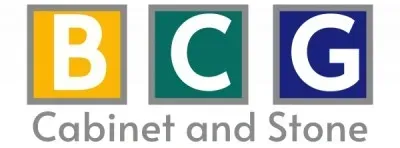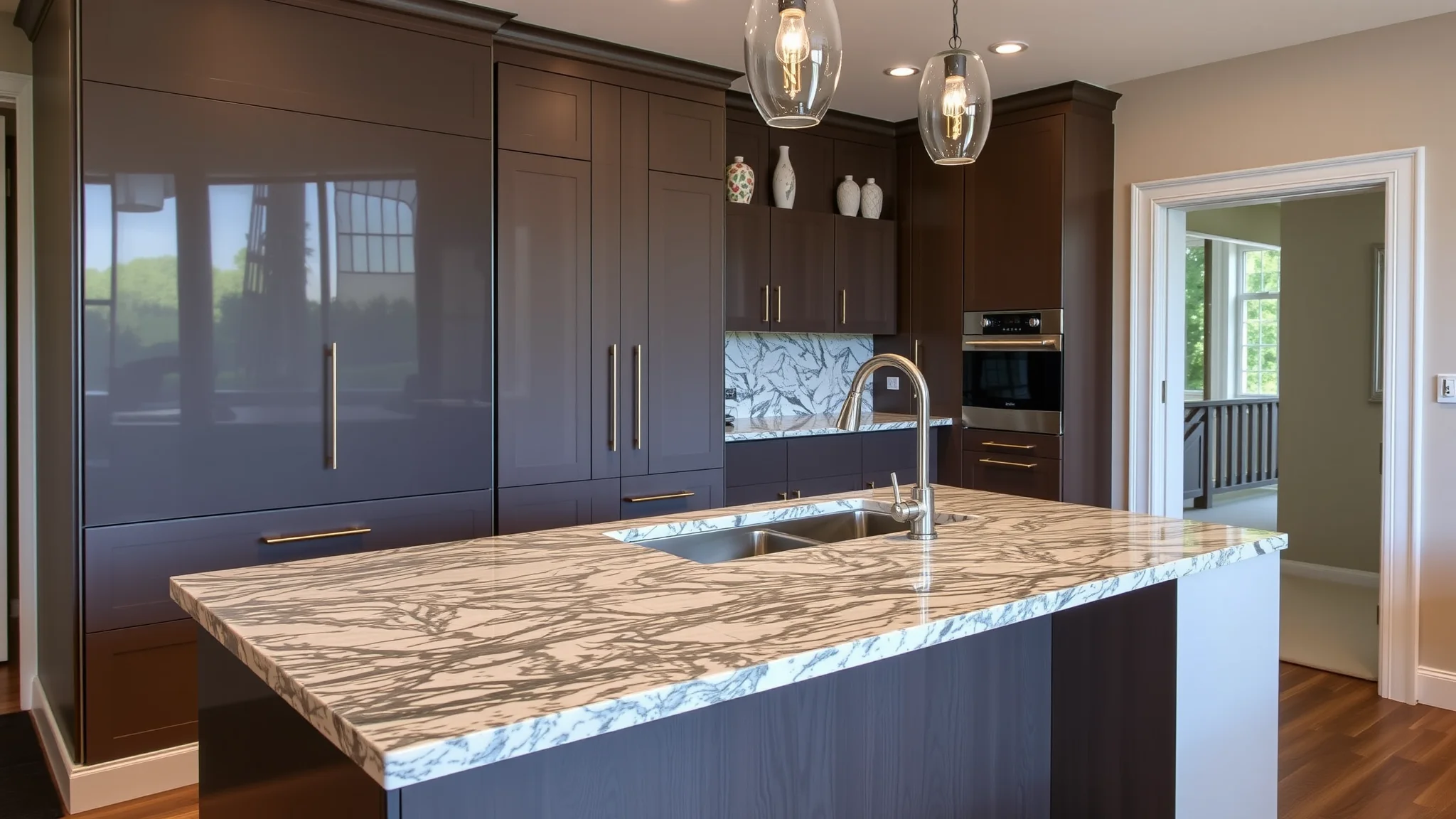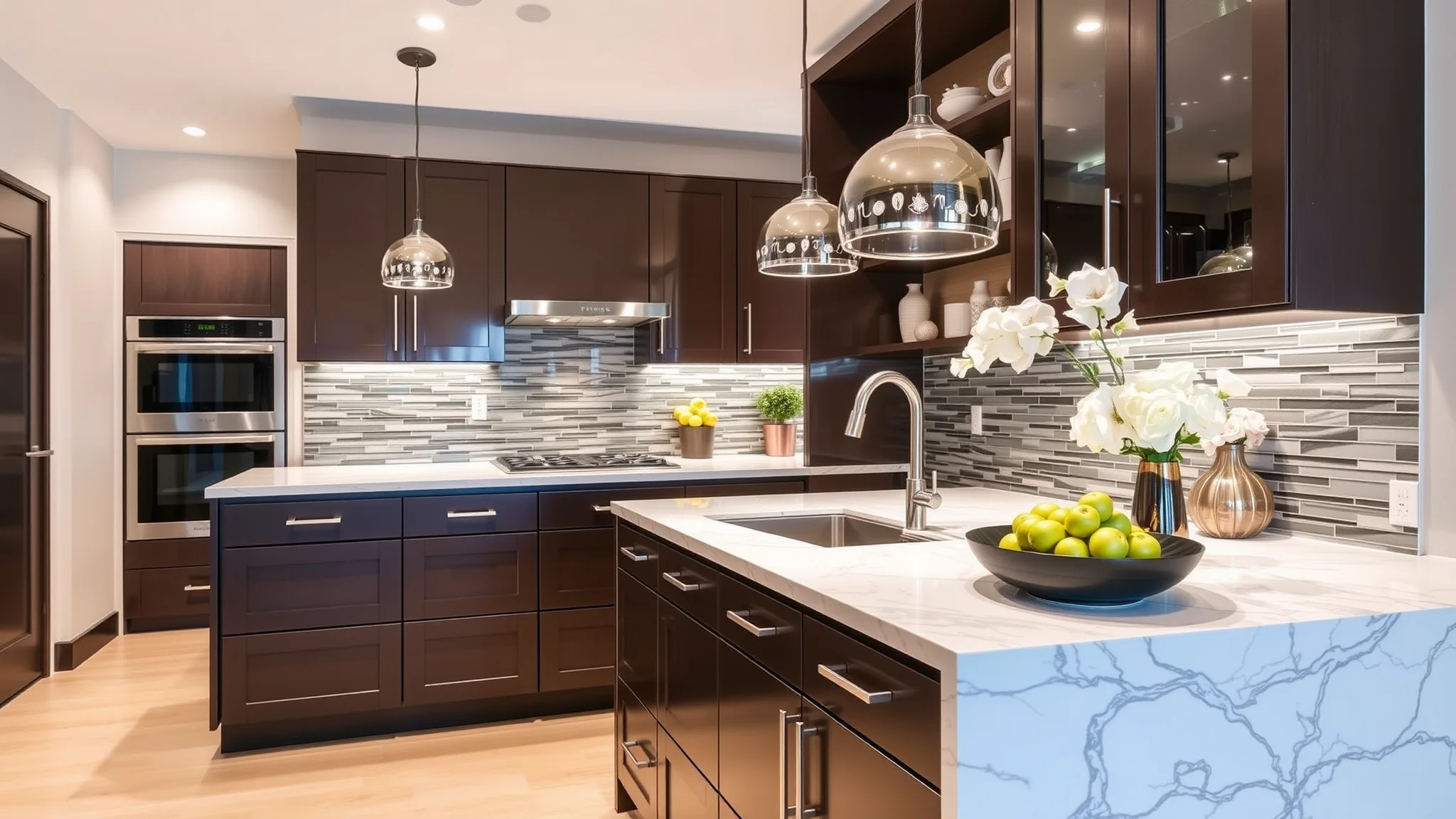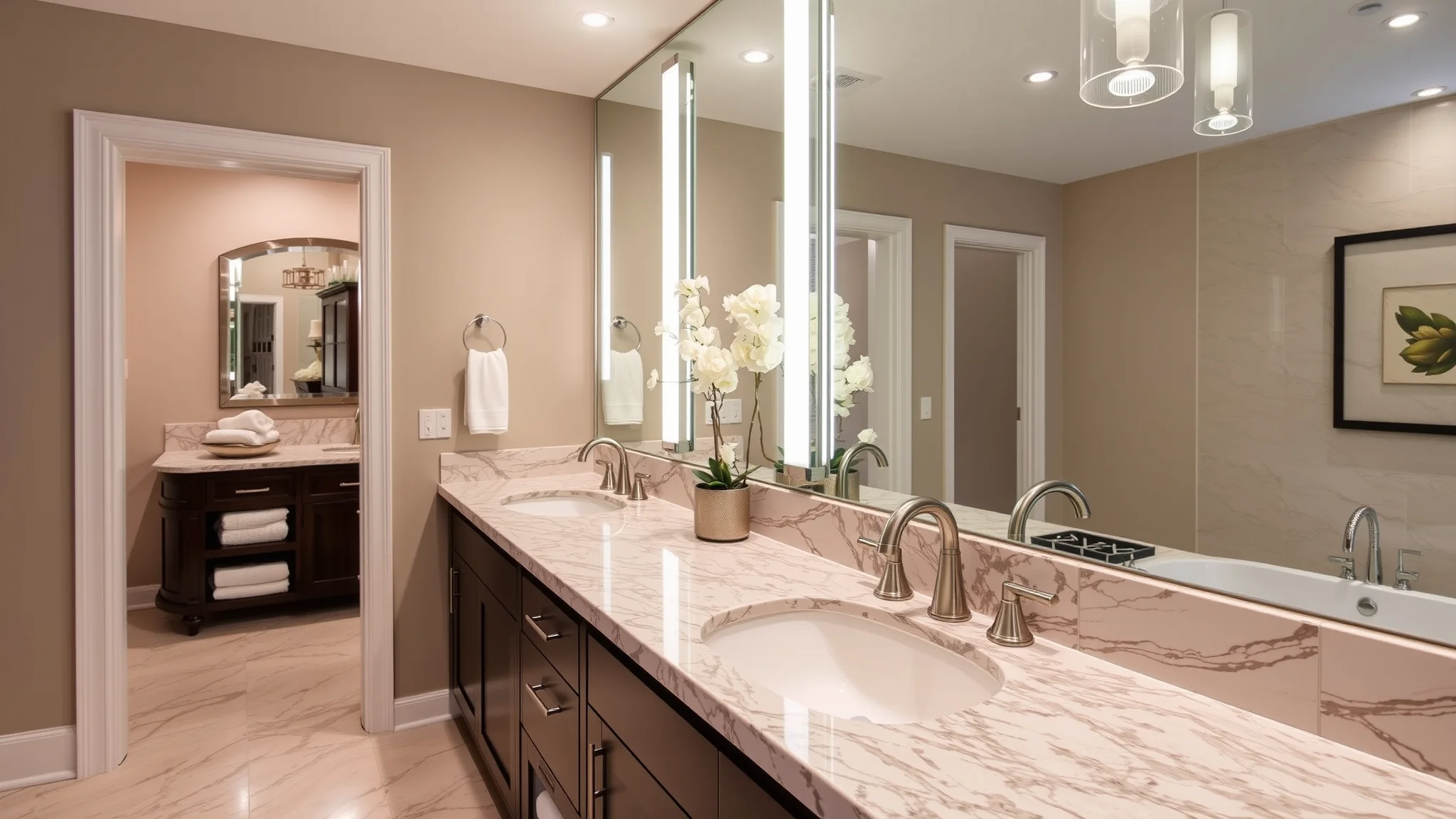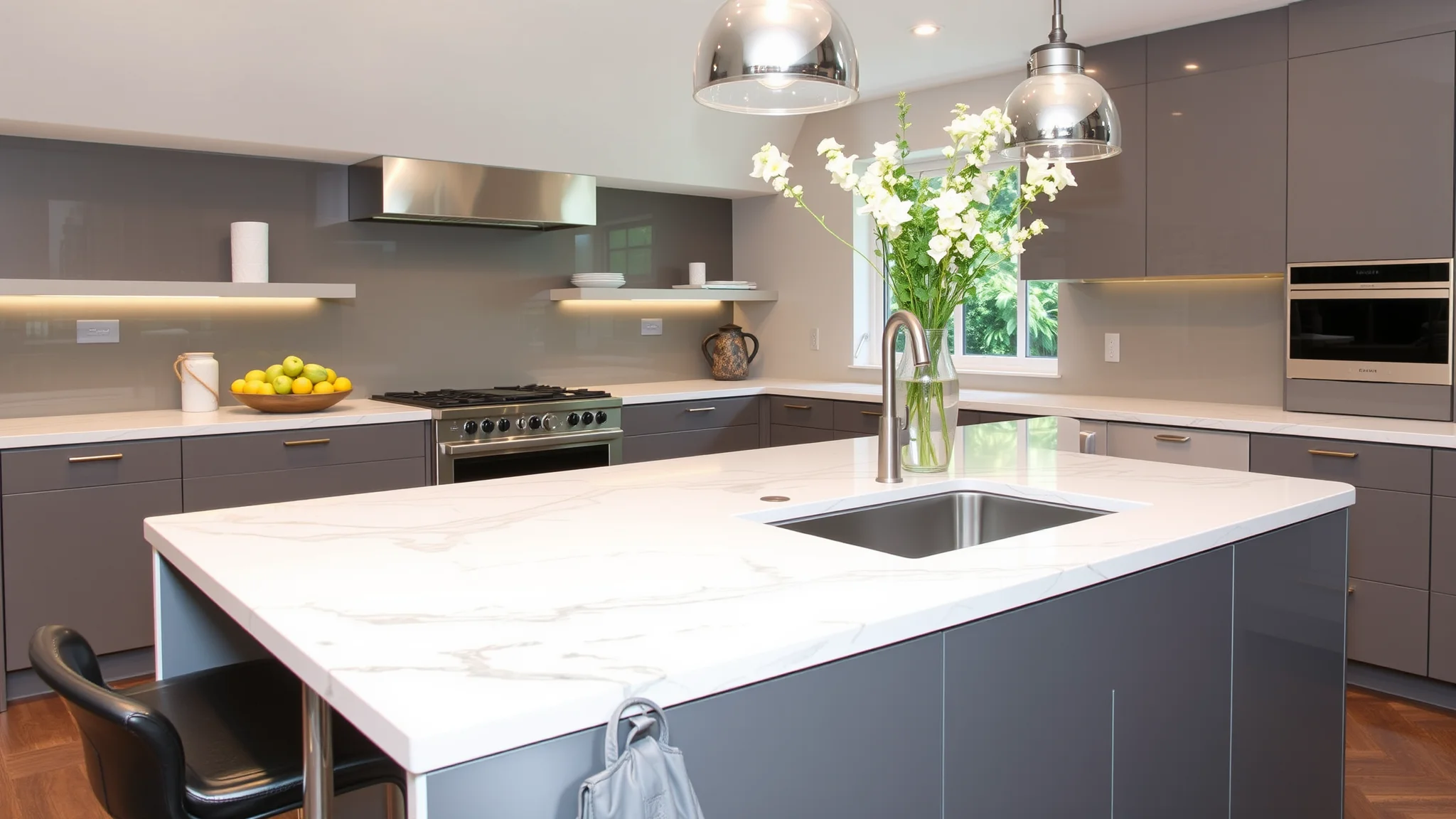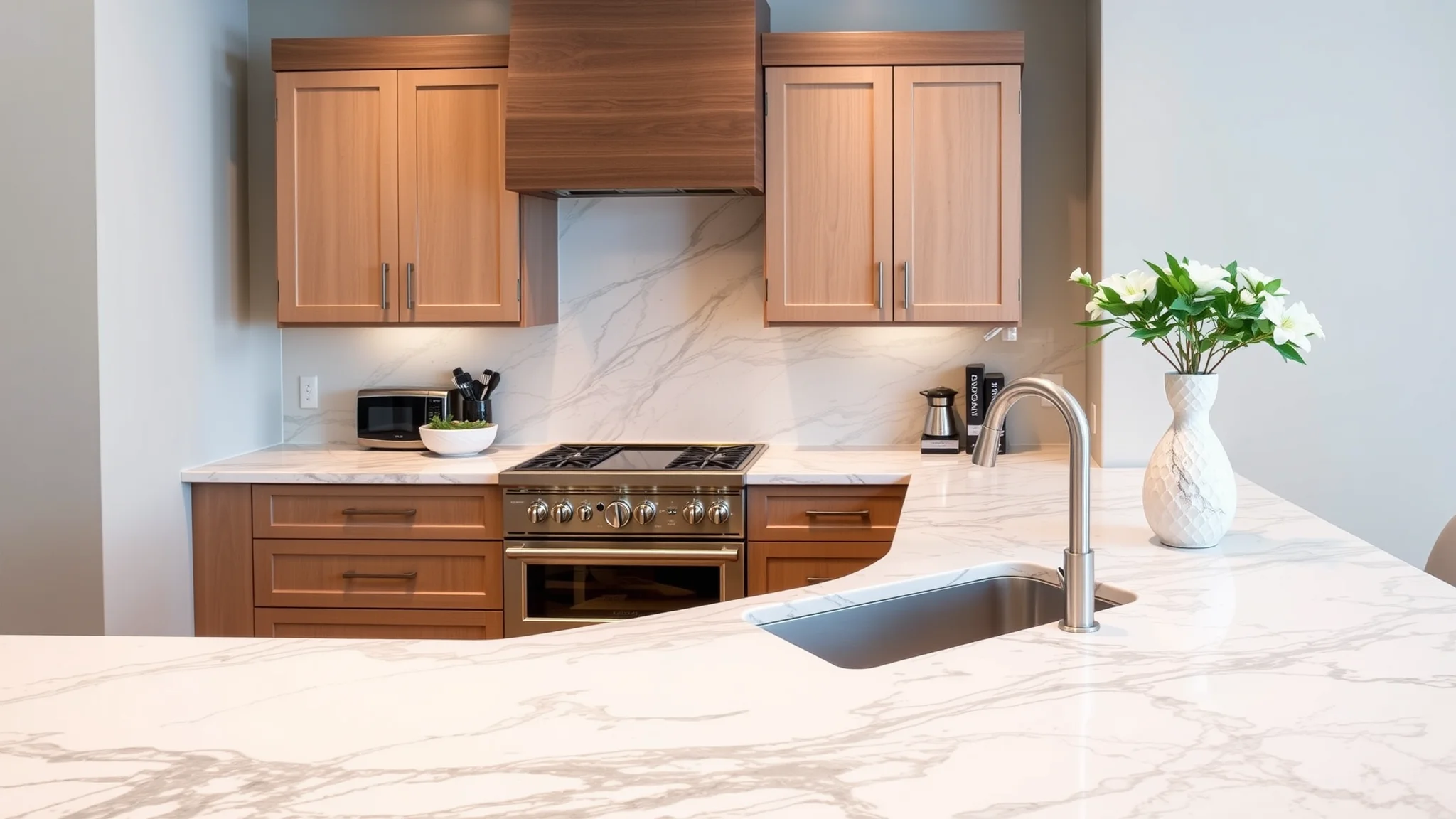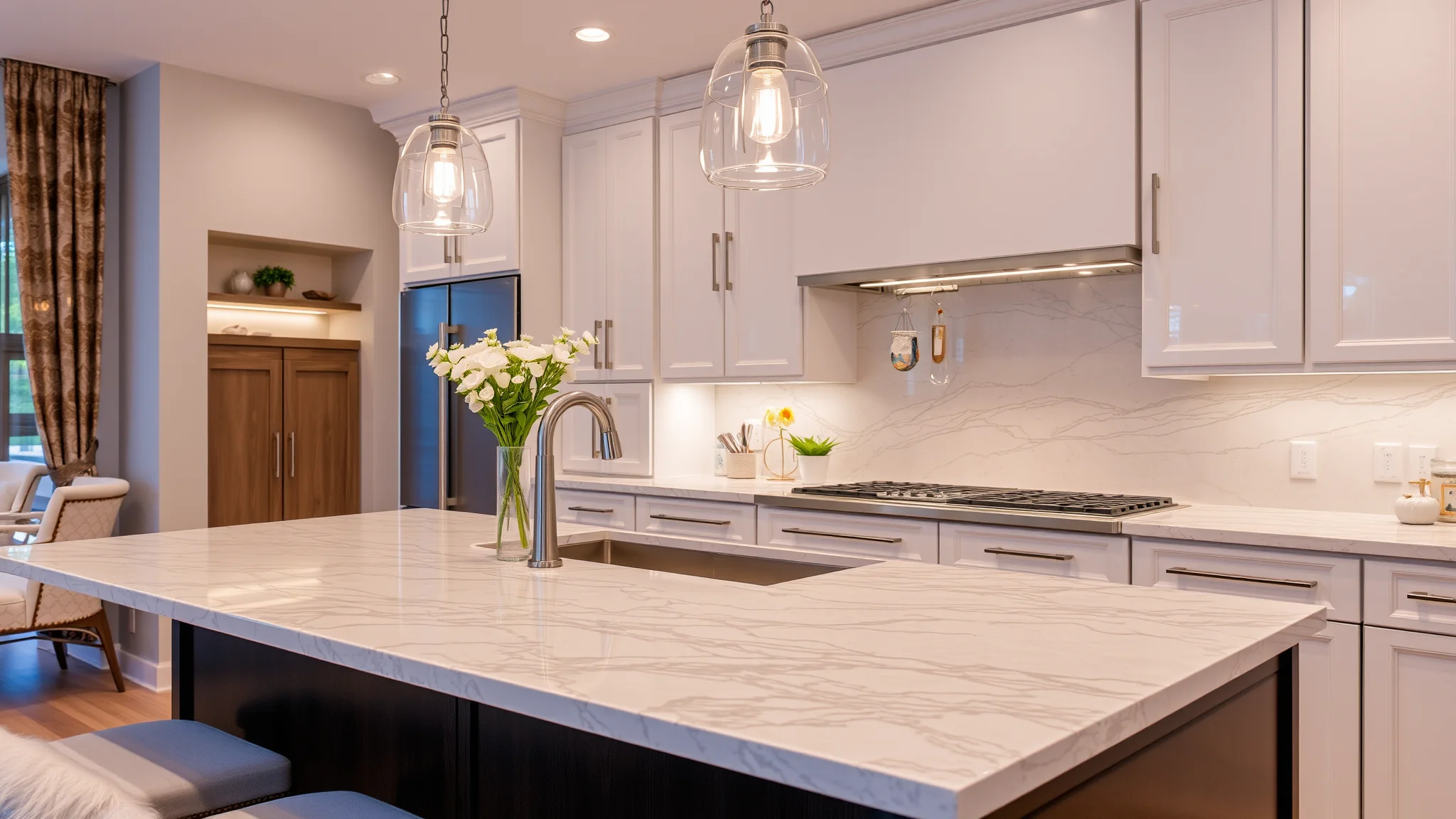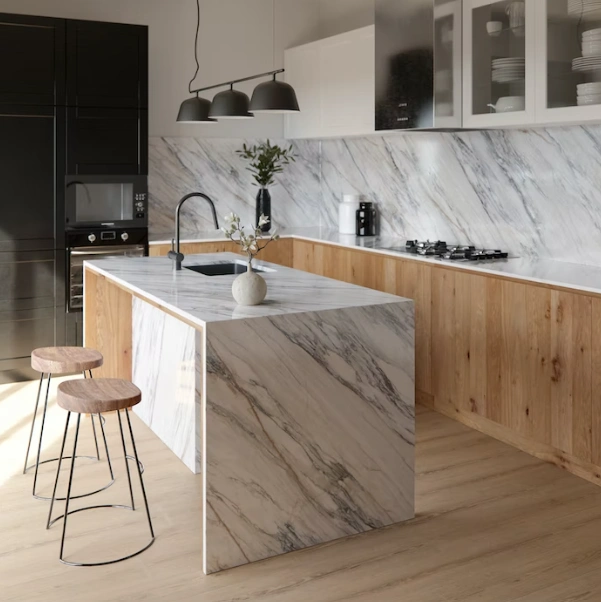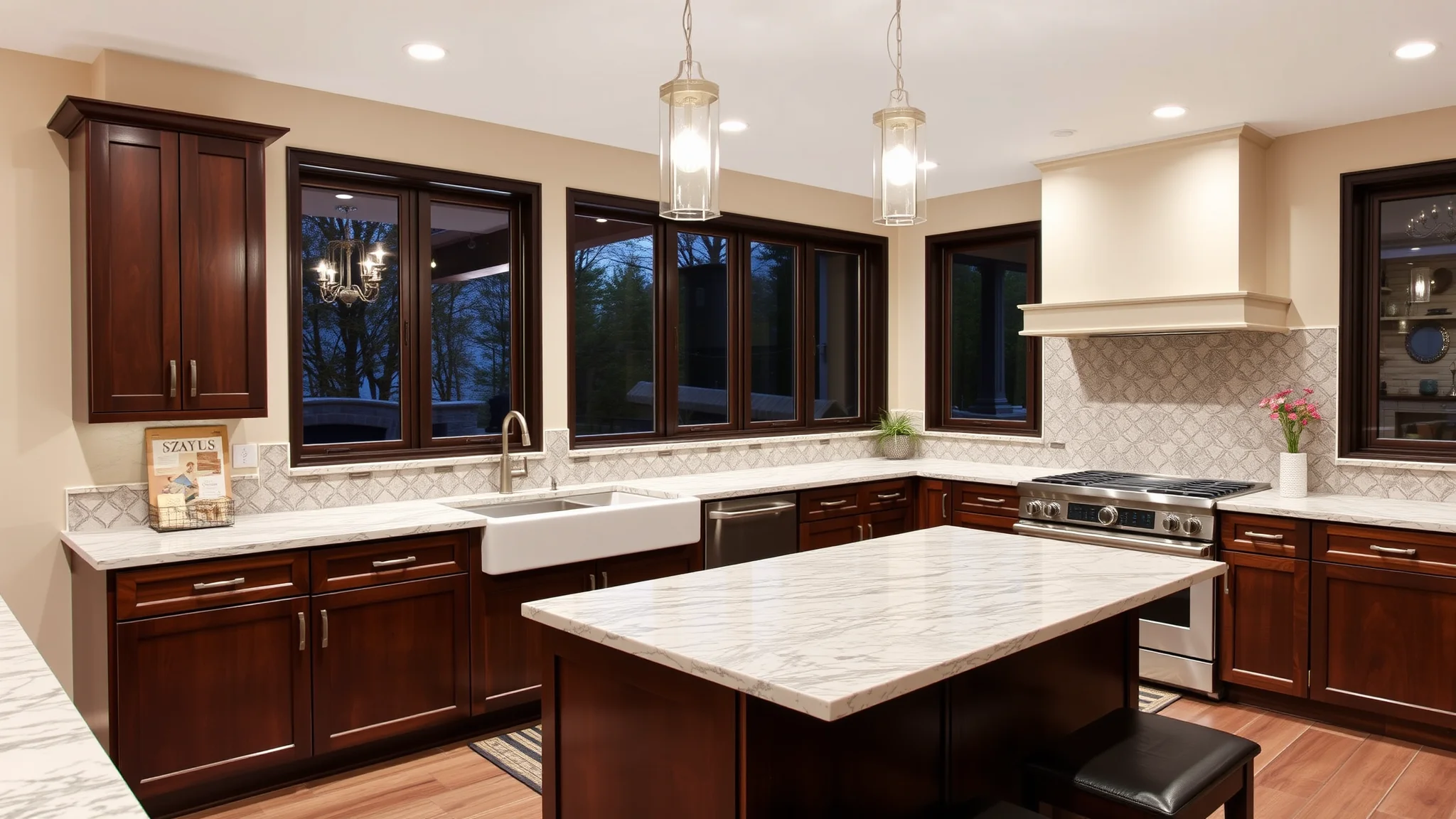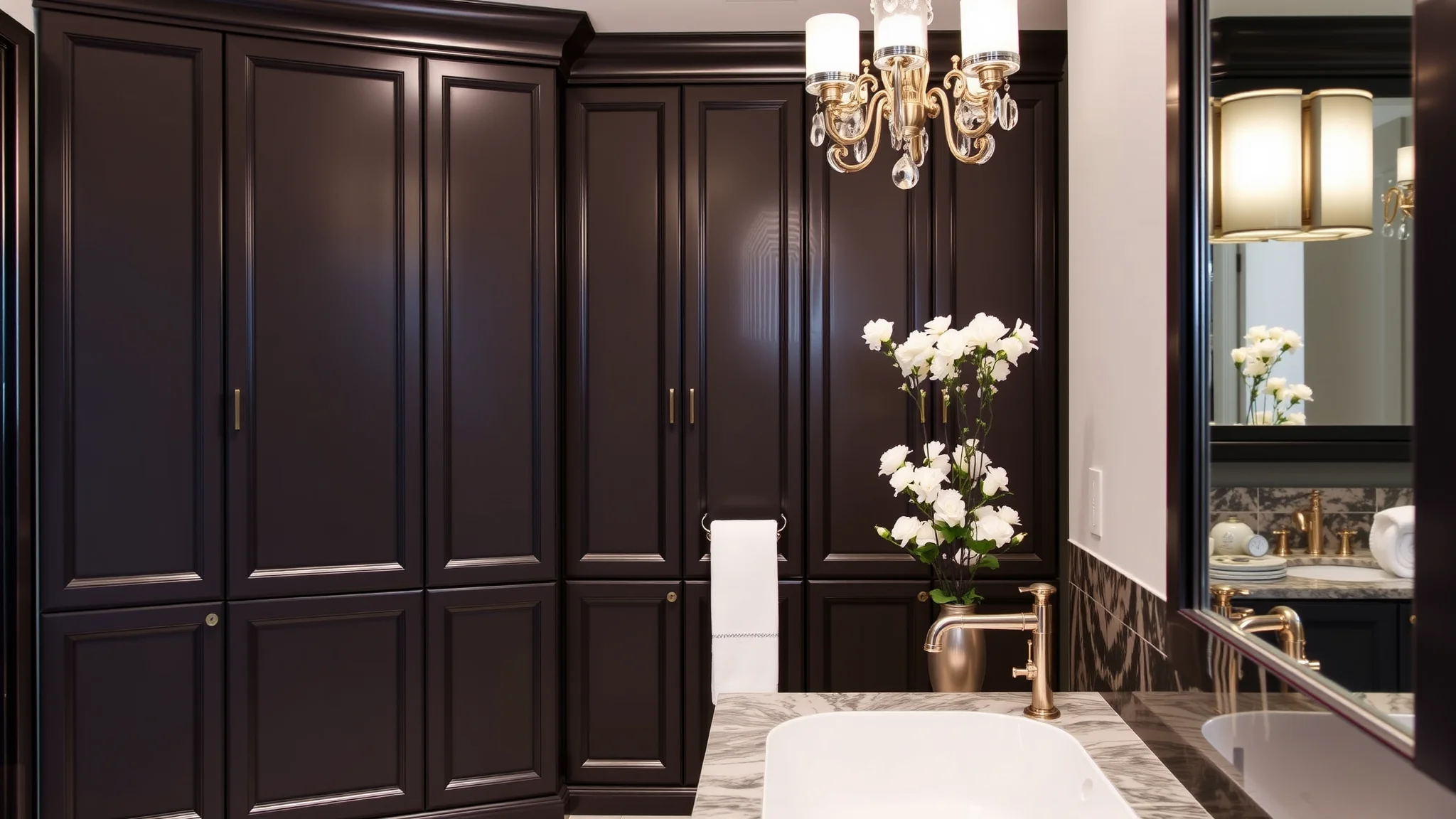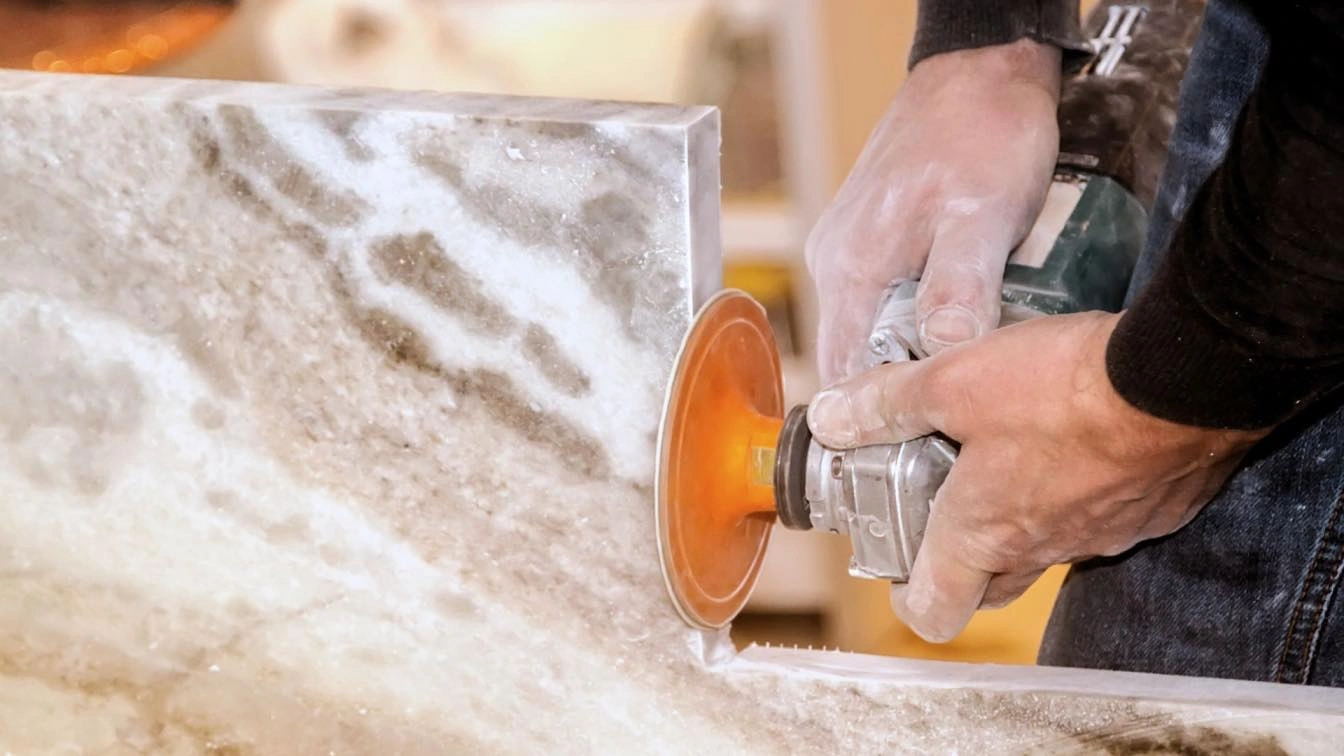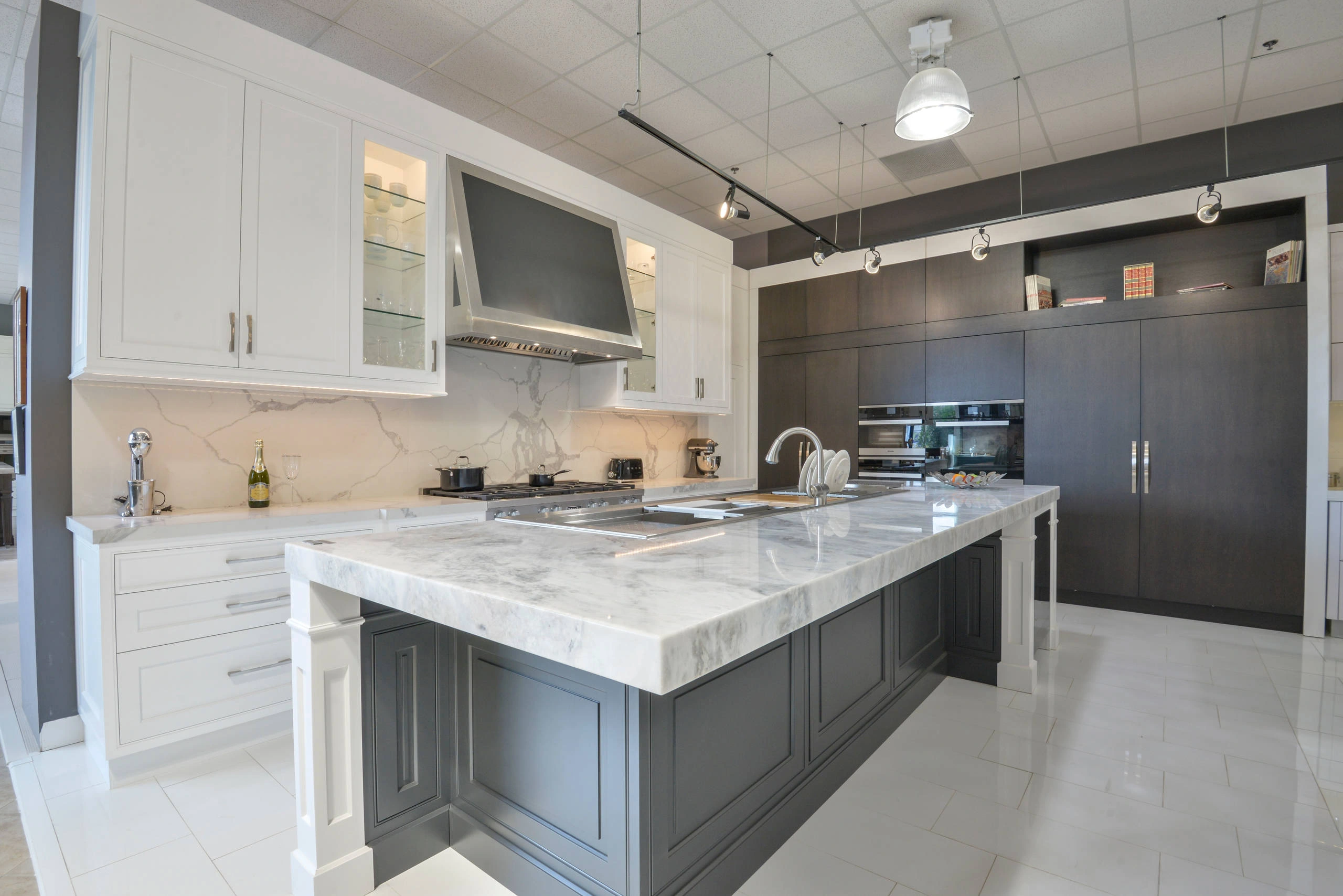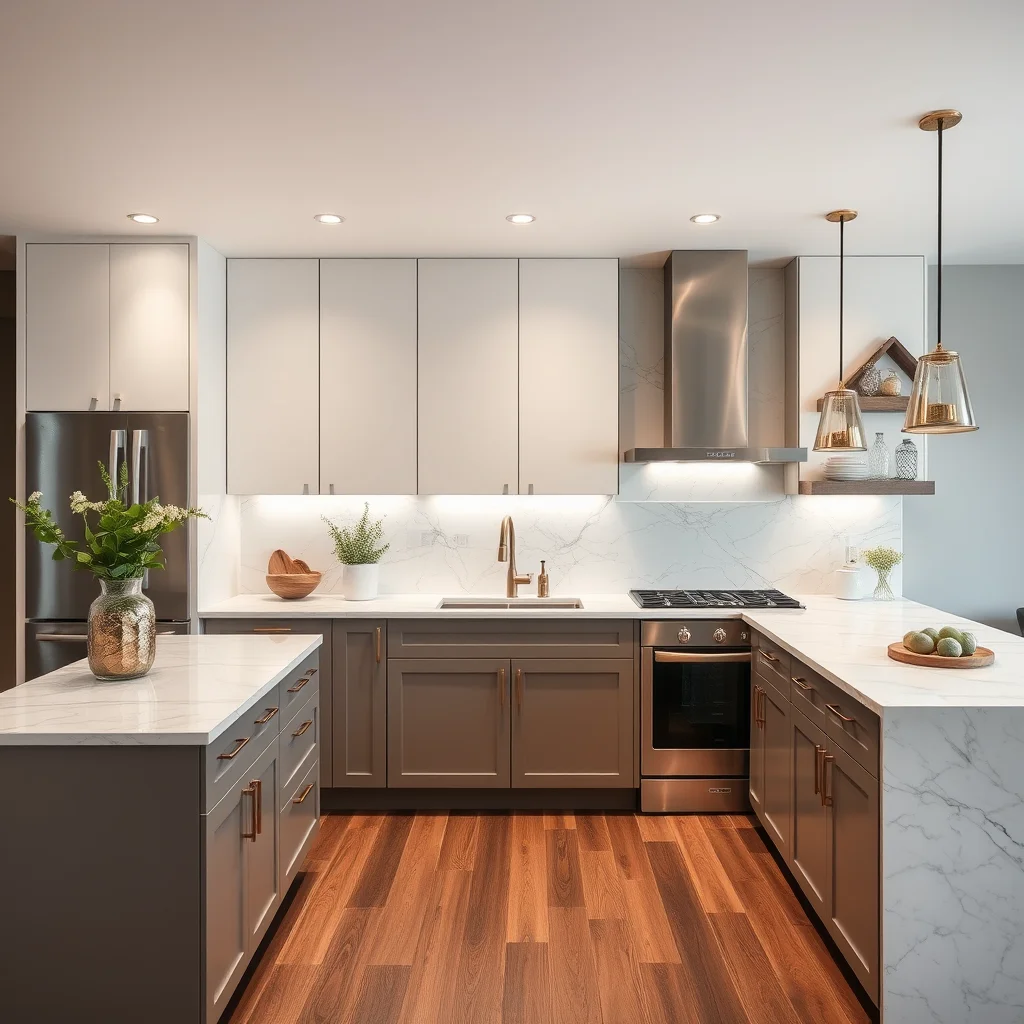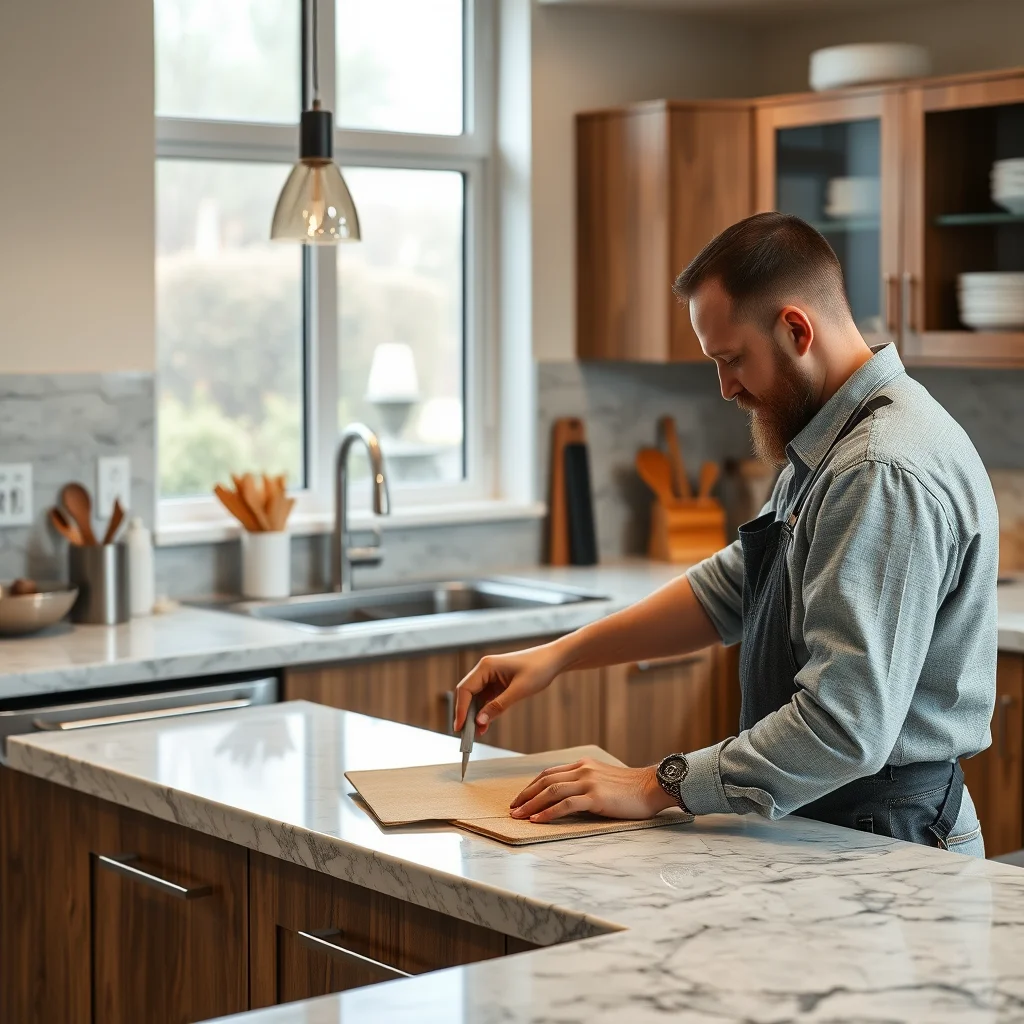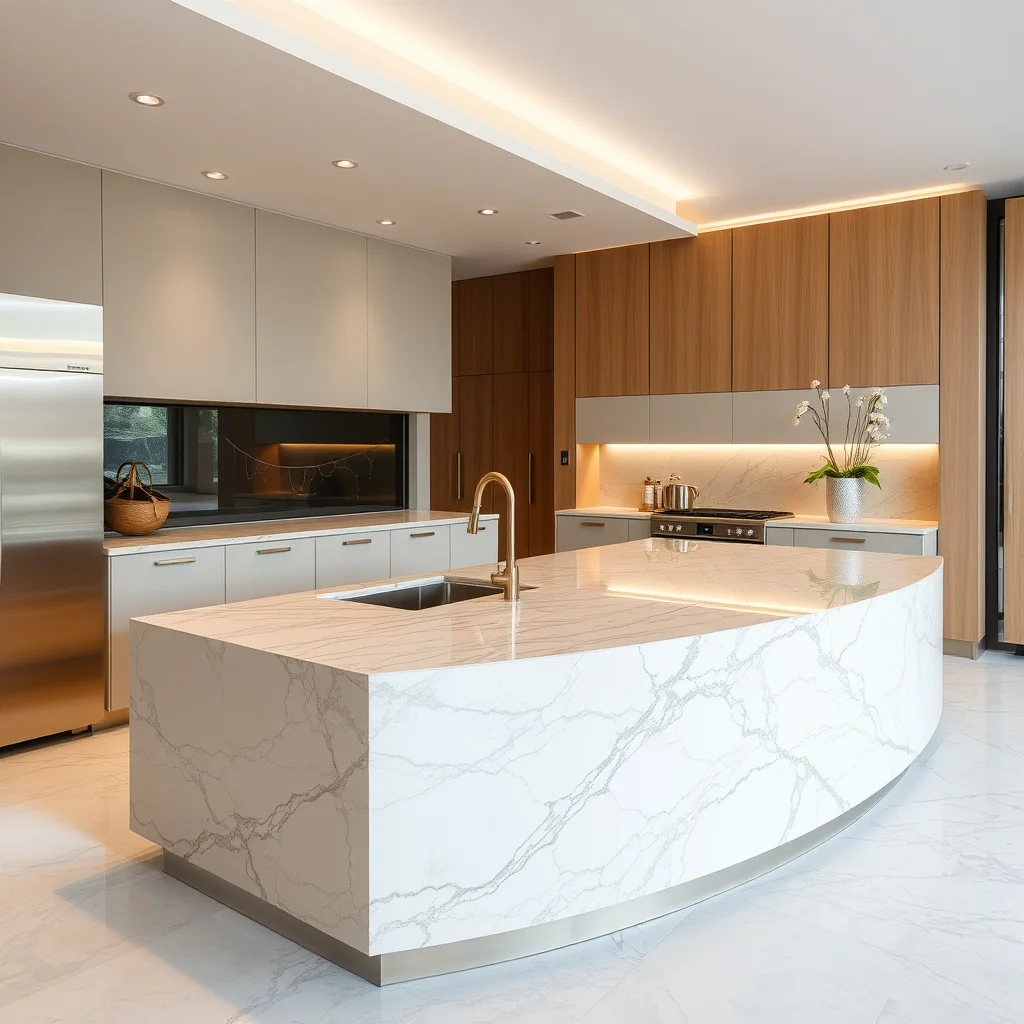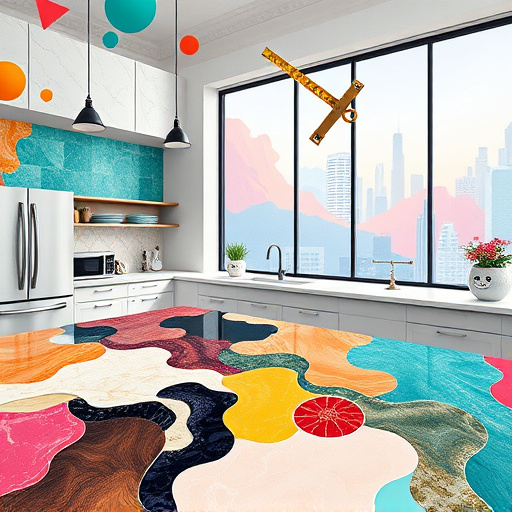
How to Estimate Countertops Cost for Custom Design Options
How Do You Determine the Cost of a Custom Countertop Design?
Estimating the cost of a custom countertop is a complex process that involves understanding various factors, from material choices to installation requirements. Whether you're remodeling your kitchen or upgrading your bathroom, knowing how to accurately estimate countertops cost for a custom design ensures you stay within your budget while achieving your desired aesthetic.
Begin by considering the type of material you want, the size of your space, and the intricacies of your design. Each material—be it granite, quartz, marble, or porcelain—has its own price point influenced by quality, availability, and installation difficulty. Additionally, the complexity of your design, edge profiles, and potential custom features will impact the final cost.
To facilitate a clear understanding, this guide will walk you through the key factors involved in estimating your countertop project, along with actionable tips to optimize your budget and make informed decisions.
What Are the Main Factors That Influence Countertop Costs?
- Material Selection: Different materials come with varying price ranges, durability, and maintenance needs. For example, natural stones like granite and marble typically cost more than quartz or porcelain but offer unique aesthetics.
- Size and Thickness: Larger areas require more material, increasing costs. Thicker countertops may also cost more due to material needs and installation complexity.
- Design Complexity: Custom features such as intricate edge profiles, cutouts for sinks and cooktops, or detailed patterns can significantly increase labor and material costs.
- Fabrication and Installation: Expert fabrication ensures high-quality results but may add to the overall expense, especially with customized designs or difficult installations.
- Location and Accessibility: Your geographic area can influence material and labor prices due to regional market conditions and access challenges.
- Additional Features: Items like backsplashes, integrated drains, or special finishes contribute to the total cost but enhance functionality and style.
How Do Material Choices Affect Your Countertop Budget?
The choice of material is often the most significant factor in determining your overall estimate. Here's a closer look at some popular options:
Granite Countertops
Granite remains a popular choice for its natural beauty and durability. The cost varies based on color, pattern, and origin but typically offers good value for luxury aesthetics. For more insights, check out our granite countertop options.
Quartz Countertops
Quartz offers a low-maintenance, versatile alternative to natural stone, with a consistent appearance and a range of colors. Its cost depends on the brand and grade but generally provides a balance between quality and affordability. Learn more about our quartz countertop collection.
Marble and Porcelain Countertops
Marble is prized for its elegance but requires more upkeep, which might affect your long-term budget. Porcelain is an emerging option offering high durability and a variety of styles at a competitive price point. Explore our marble solutions and porcelain options to see what fits your needs.
What Role Does Size and Design Play in Cost Estimation?
The size of your countertops directly impacts the amount of material required, influencing your total budget. To estimate based on size:
- Measure your space accurately, including length, width, and height where applicable.
- Determine the total square footage needed; this helps you compare material costs effectively.
- Remember that larger, more complex designs with custom cutouts or intricate edges will increase labor costs, even if the material costs remain similar.
Design complexity can add both material waste and labor time. For example, using custom countertops with specialized edges or built-in features will require precision fabrication, affecting overall pricing.
How Can I Calculate the Approximate Material Cost for My Project?
To calculate an estimate:
- Determine the total square footage of your countertop area.
- Identify the cost per square foot of your chosen material. For high-end materials like certain granites or marbles, prices can be significantly higher.
- Multiply the area by the cost per square foot to get the base material estimate.
For example, if your countertop measures 50 square feet and the material costs $70 per square foot, the material cost would be approximately $3,500. Don't forget to account for waste and potential cuts, which typically add 10–15% to your total material estimate.
What Additional Costs Should I Anticipate Beyond Material Pricing?
While material costs form the core of your budget, several other expenses can influence the final price:
- Fabrication Fees: Custom shaping, edging, and finishing add to labor costs.
- Installation Charges: Professional installation ensures safety and quality but varies based on complexity and location.
- Removal of Old Countertops: Disposing of existing countertops may incur additional charges.
- Additional Features: Backsplashes, integrated sinks, and custom cutouts increase overall costs but provide enhanced functionality.
To ensure an accurate estimate, consult with experts, such as the team at BCG Cabinet & Stone LLC, who can evaluate your space and provide a detailed quote tailored to your needs.
How Can I Save Money When Estimating and Choosing Countertops?
Effective cost management involves strategic decision-making. Here are some actionable tips:
- Compare material options to find the best balance of quality and price.
- Opt for standard sizes and shapes where possible to reduce fabrication costs.
- Choose durable yet less expensive materials like quartzite or porcelain if budget constraints are tight.
- Limit custom features or complex edges unless necessary.
- Prioritize professional installation to prevent costly mistakes and ensure durability.
Get started by browsing our selection of kitchen countertops to see variety and pricing options suitable for your project.
Why Should You Consult a Countertop Fabrication Expert?
The process of estimating countertops cost for a custom design benefits greatly from expert advice. A professional fabricator can assess your space, recommend suitable materials, and provide accurate pricing that encompasses all aspects of fabrication and installation. Partnering with experienced companies such as BCG Cabinet & Stone LLC ensures your project meets quality standards and aligns with your budget.
What Are the Next Steps to Get an Accurate Cost Estimate?
Here's a practical approach:
- Measure your space carefully, noting any unique design requirements.
- Research different materials to understand their price ranges and aesthetic qualities.
- Consult with a professional to evaluate your measurements and material choices.
- Obtain detailed quotes that include fabrication, installation, and any additional features.
- Compare options and select the best fit for your budget and style preferences.
For personalized guidance and expert assistance, contact the team at BCG Cabinet & Stone LLC.
Frequently Asked Questions (FAQs)
How accurate is a rough estimate of countertop costs?
While rough estimates provide a useful starting point, they may not account for all variables. For precise budgeting, it's essential to get detailed quotes from professionals after providing accurate measurements and design specifications.
Can I install countertops myself to save money?
While DIY installation might seem cost-effective, it involves significant skill to ensure safety, proper fitting, and durability. Professional installation is recommended to avoid costly mistakes and ensure the longevity of your countertops.
What is the typical lead time for custom countertops?
Lead times vary depending on material availability, project complexity, and fabrication schedules. Typically, it takes between two to six weeks from consultation to installation. Planning ahead ensures your project proceeds smoothly.
Should I choose natural stone or engineered materials for durability?
Both options offer durability, but natural stones like granite and marble require more maintenance. Engineered materials like quartz and porcelain are designed for low upkeep while maintaining aesthetic appeal. Preference depends on your lifestyle and style preferences.
Conclusion
Understanding how to estimate countertops cost for a custom design involves evaluating your material options, project size, complexity, and additional features. By working with experienced professionals and carefully planning your project, you can achieve stunning results within your budget. Whether you prefer the rugged elegance of granite or the sleek versatility of quartz, preparing a detailed estimate is a crucial step toward your dream space.
Ready to get started? Contact BCG Cabinet & Stone LLC for expert guidance and comprehensive countertop solutions designed to meet your needs.
